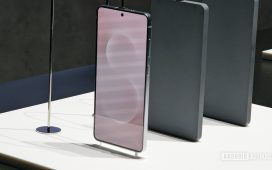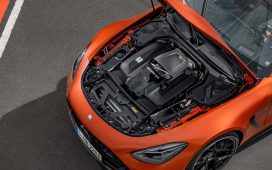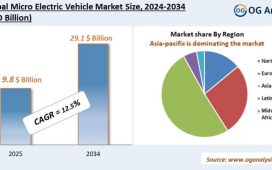According to a report from former Bloomberg journalist, Tim Culpan, TSMC’s first operation fab in Arizona has started the production of chips for its customers. These customers include Apple, where processors for the iPhone and the Apple Watch are now being made in the US.
Joining the Apple A16
The Fab 21 plant in Arizona is currently making chips for various companies such as AMD for its Ryzen 9000-series of CPUs. The Fab 21 plant in Arizona is also producing the A16 Bionic chipset used in Apple’s iPhone 15 and iPhone 15 Plus mobile devices.
According to Culpan’s report, the fab has picked up orders for the SiPs used in the Apple Watch. The report claims that this SiP is the S9. In a way, it makes a lot of sense. TSMC currently uses its 4nm node to build Apple’s A16 chipsets.
Seeing as how the Apple Watch S9 SiP is based on the A16, it wouldn’t be a stretch to think that TSMC’s Arizona plant could use the same N4 to make it, which is actually a refined version of the company’s 5nm node.
TSMC’s US presence
Apple has long relied on TSMC to make the processors for its products, such as its iPhone. It also includes other products like the Apple Watch and Mac computers. The company has operated mainly in its home country of Taiwan. However, in recent years, TSMC has started to build more production facilities in countries like the US.
Diversifying operations makes sense for many companies. Relying on a single base of operations could cause production to come to a grinding halt if there are any issues in the country, including worker strikes, political tensions, war, and more.
Various political issues have forced TSMC to explore other locations. This includes tensions with China, where concerns exist about China potentially invading Taiwan to seize the technology it needs to make its own chipsets.
Countries like the US have also made it tempting for TSMC to move some of its production facilities. This includes US government incentives where TSMC received a whopping $11.6 billion in subsidies.
That being said, we doubt that Apple will shift all of the manufacturing of its iPhone processors to the US. Culpan’s report has hinted at potential bottlenecks due to tooling delays.
Given how many chipsets Apple requires annually, it might be a while before the company moves all production activities stateside.
Unsurprisingly, TSMC has declined to comment on its clients or its production.









